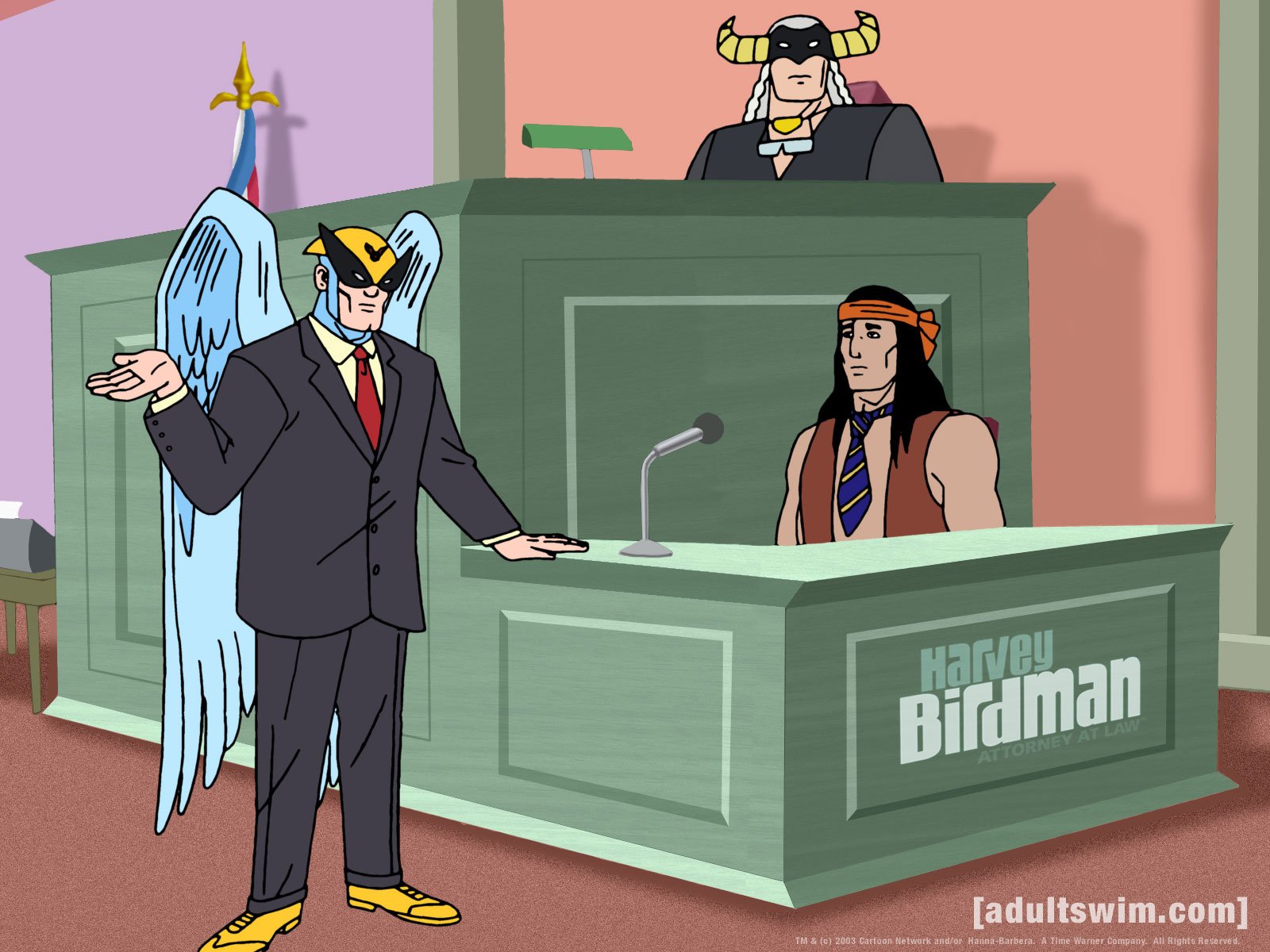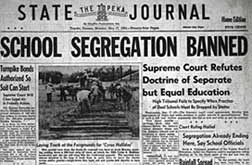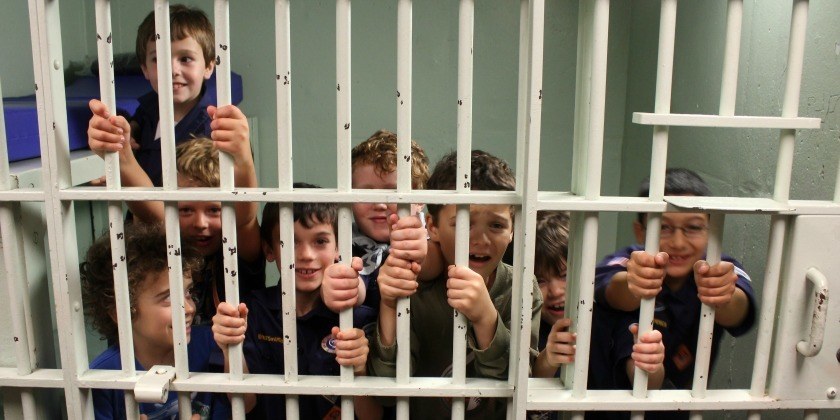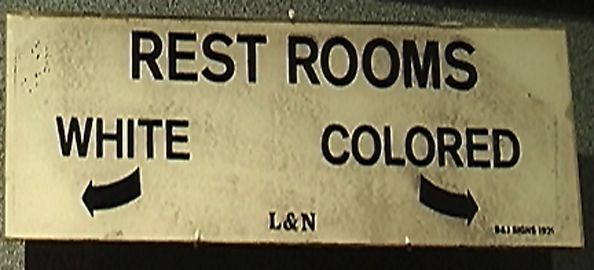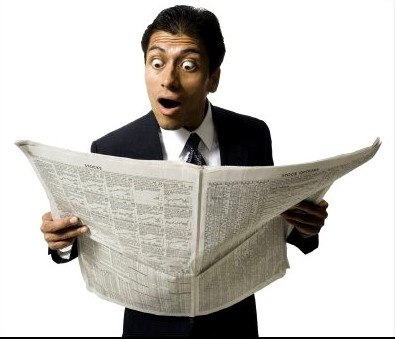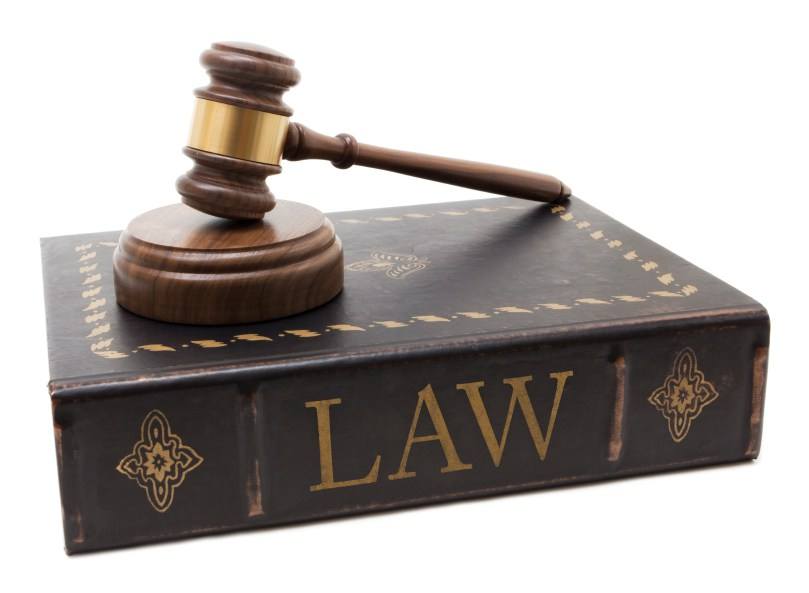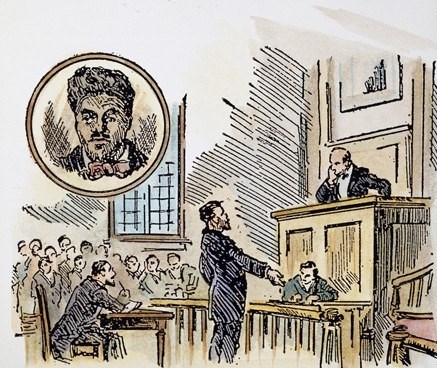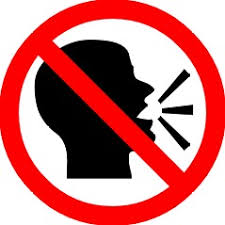
Landmark Supreme Court Cases
Assessment
•

Ashten Wysluzaly
•
History
•
7th Grade
•
4K plays
•
Medium
Improve your activity
Higher order questions
Match
•
Reorder
•
Categorization
.svg)
actions
Add similar questions
Add answer explanations
Translate quiz
Tag questions with standards
More options
15 questions
Show answers
1.
Multiple Choice
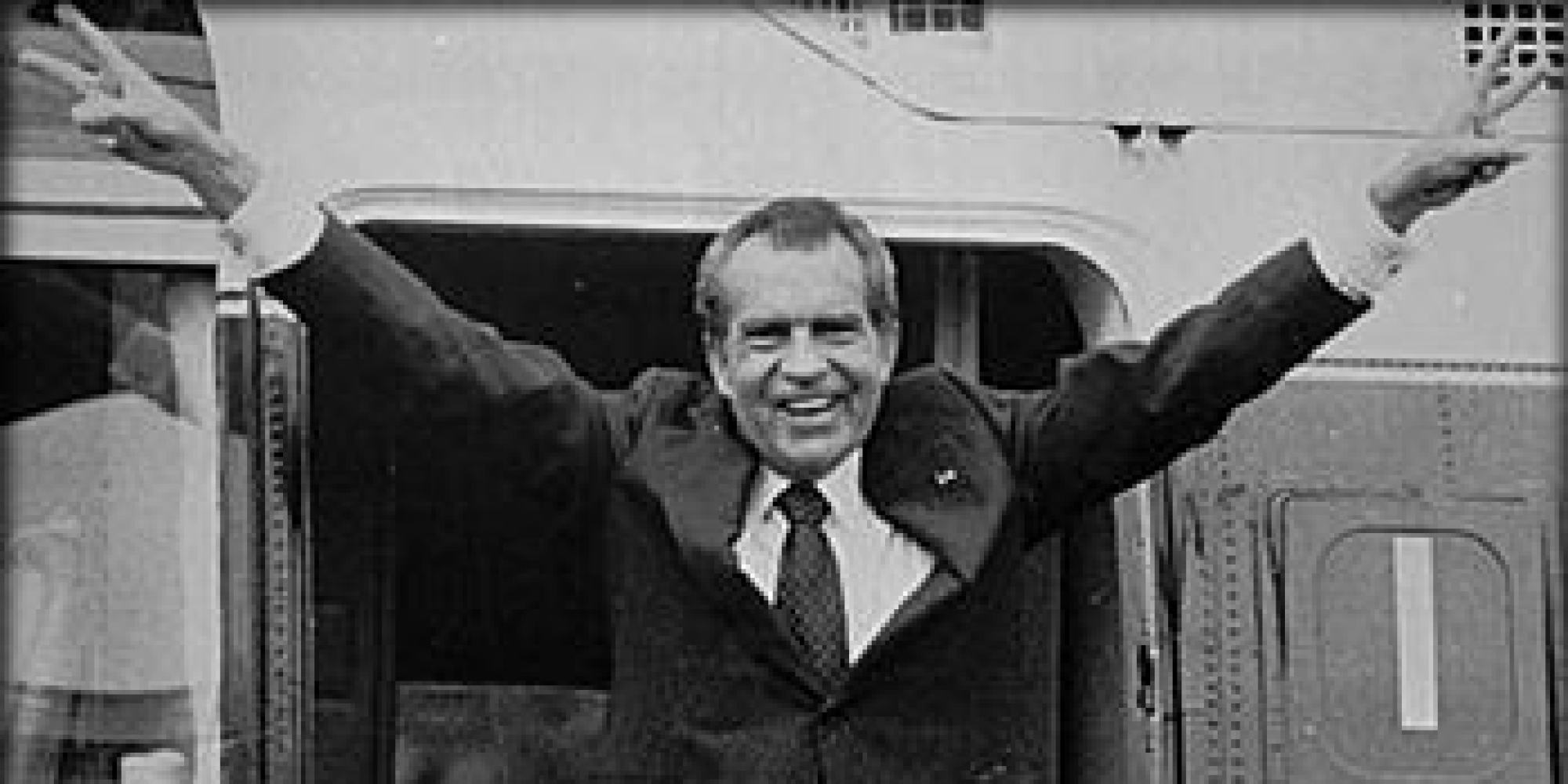
No one is above the law...not even the president.
Bush v. Gore
Marbury v. Madison
Miranda v. Arizona
U.S. v. Nixon
2.
Multiple Choice
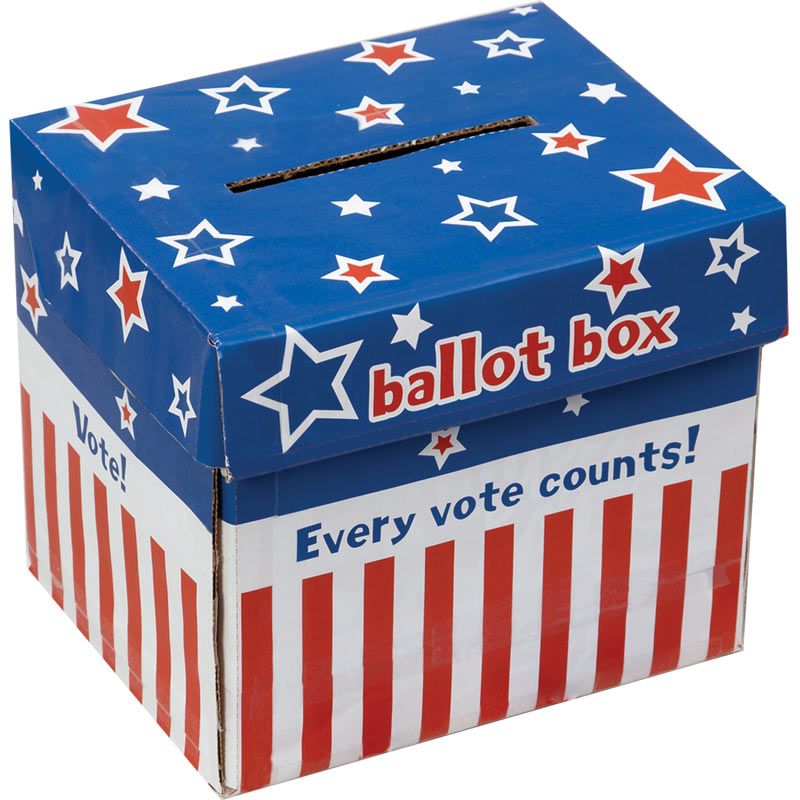
Determined the FL Supreme Court could not order a recount of ballots.
Marbury v. Madison
Bush v. Gore
U.S. v. Nixon
Hazelwood v. Kuhlmeier
3.
Multiple Choice
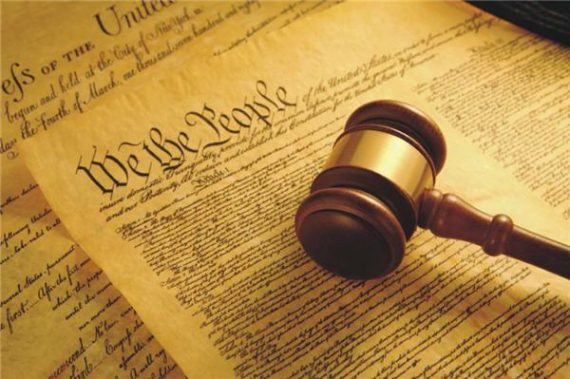
What is it called when the U.S. Supreme Court decides whether something is legal or illegal (unconstitutional)?
supreme court review
due process
segregation
judicial review
4.
Multiple Choice

Suspects cannot be questioned (interrogated) until they are informed of their rights (right to remain silent, right to an attorney, etc.)
Brown v Board of Education
Miranda v Arizona
Tinker v Des Moines
Bush v Gore
5.
Multiple Choice
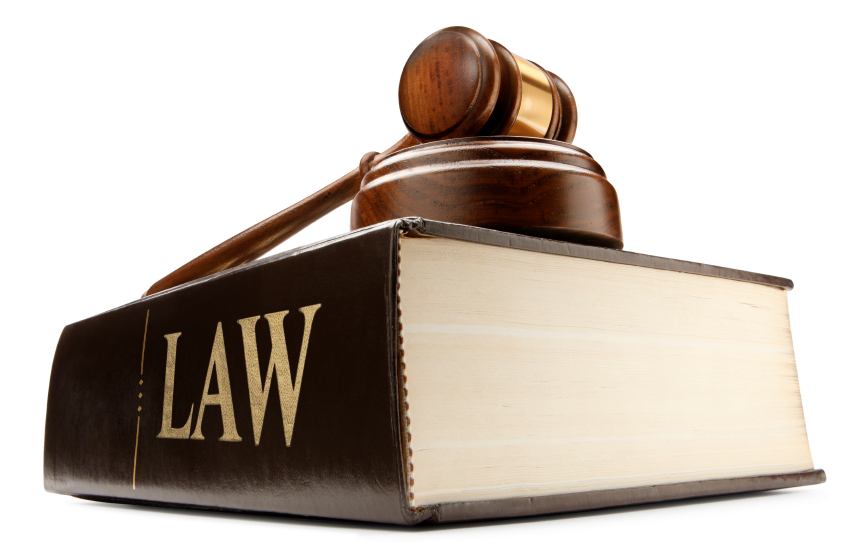
Established the Supreme Courts power of “Judicial Review” to see if laws are Constitutional / Unconstitutional. (Judicial Branch interprets the laws)
Marbury v Madison
Hazelwood v Kuhlmeier
In Re Gault
District of Columbia v Heller
6.
Multiple Choice
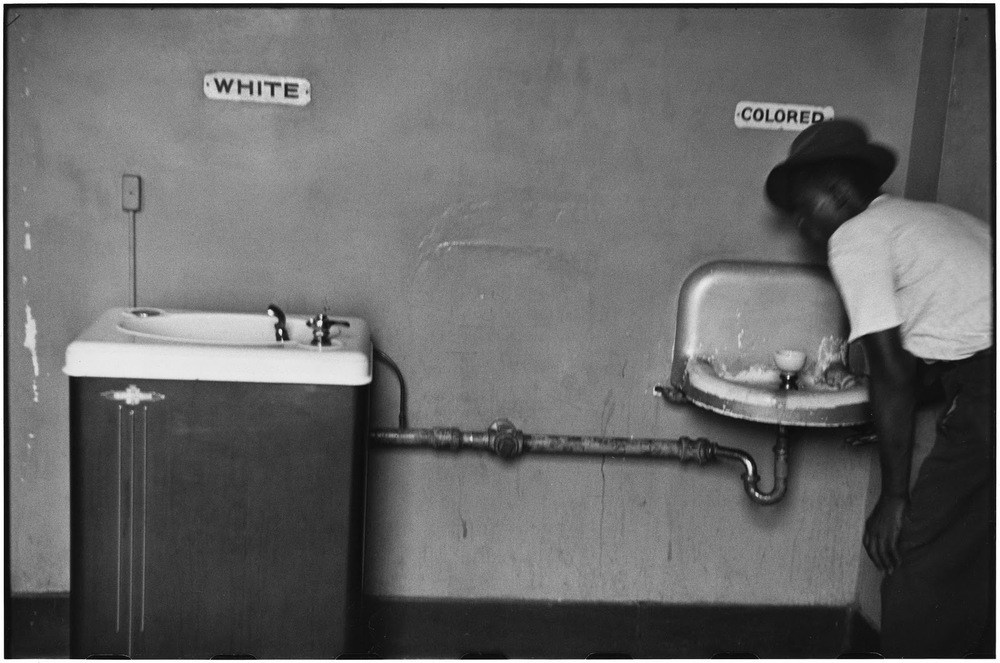
Established “Separate but Equal”, which provided separate public facilities for both whites and blacks as long as they were equal.
District of Columbia v Heller
In Re Gault
Brown v Board of Education
Plessy v Ferguson

Explore this activity with a free account
Find a similar activity
Create activity tailored to your needs using
.svg)

Judicial Branch
•
12th Grade

Types of Law
•
7th Grade

Judicial Branch
•
5th - 8th Grade

Judicial Branch
•
9th - 10th Grade

Salem Witch Trials
•
8th - 9th Grade

Road to Revolution
•
7th Grade

Judicial Branch
•
6th - 8th Grade

European Explorers
•
5th Grade
